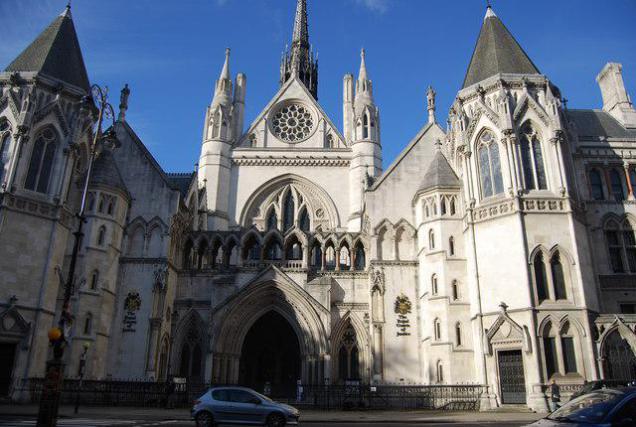Is this the reason the Riley libel case ended the way it did?
Last time I wrote about Rachel Riley’s court case against me, I said I might discuss the judge’s reasons for reaching the conclusion she did.
You will recall that she based her judgment on information that was not factual but was merely supposition by Ms Riley’s legal team (that I had not researched the events in question when I wrote my article. I said then – and repeat now – that I had in fact researched it very thoroughly).
She also said that the conclusions I had reached were not reasonable – this time based on nothing but her own suppositions.The Appeal Court judge said she was entirely within her rights to reach such conclusions without any evidence from either side to even suggest them.
One is led to question why a court of law would make such pronouncements without any facts to support them.
I can only put forward the suggestion that was made to me by a third party, shortly after the hearing on my appeal: that UK law as administered by its courts is set up to defend the reputation of libel claimants – to prevent damage to their good name.
This might explain why a judge, presented with any excuse – no matter how flimsy, might decide that a journalist and former newspaper editor of 25 years’ experience did not carry out any research into an article her wrote, even though no evidence existed to prove the claim.
It might also explain why a judge ignored a series of fact-based arguments, supported by current understanding of certain ways of behaviour, to reach her own conclusions to justify the events that formed the basis of the case.
It certainly explains why I have continued to appeal for funds to pay my legal team – who worked for years in the belief that my evidence would be judged on its own merits.
I would ask you to judge for yourself whether that actually happened but, with only the written judgments of the High Court and the Court of Appeal available, that might be difficult.
Please continue to support me (and my legal team) according to your means, and in the way that has become well-known over the last four years:
Make a donation via the CrowdJustice page. Keep donating regularly until you see the total pass the amount I need.
Email your friends, asking them to pledge to the CrowdJustice site.
Post a link to Facebook, asking readers to pledge.
On Twitter, tweet in support, quoting the address of the appeal.
And don’t forget that if you’re having trouble, or simply don’t like donating via CrowdJustice, you can always donate direct to me via the Vox Political PayPal button, where it appears on that website. But please remember to include a message telling me it’s for the crowdfund!
I may discuss the law further in a future update, as efforts have been made to make it more even-handed but I fear that judges have been rejecting those efforts in practise.



Mike, the shortfall on the CrowdJustice site is £48,530 as I write – is that really the amount you need?